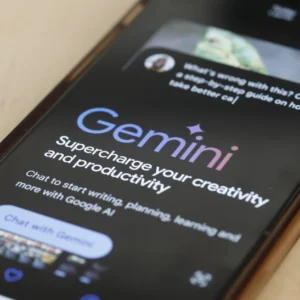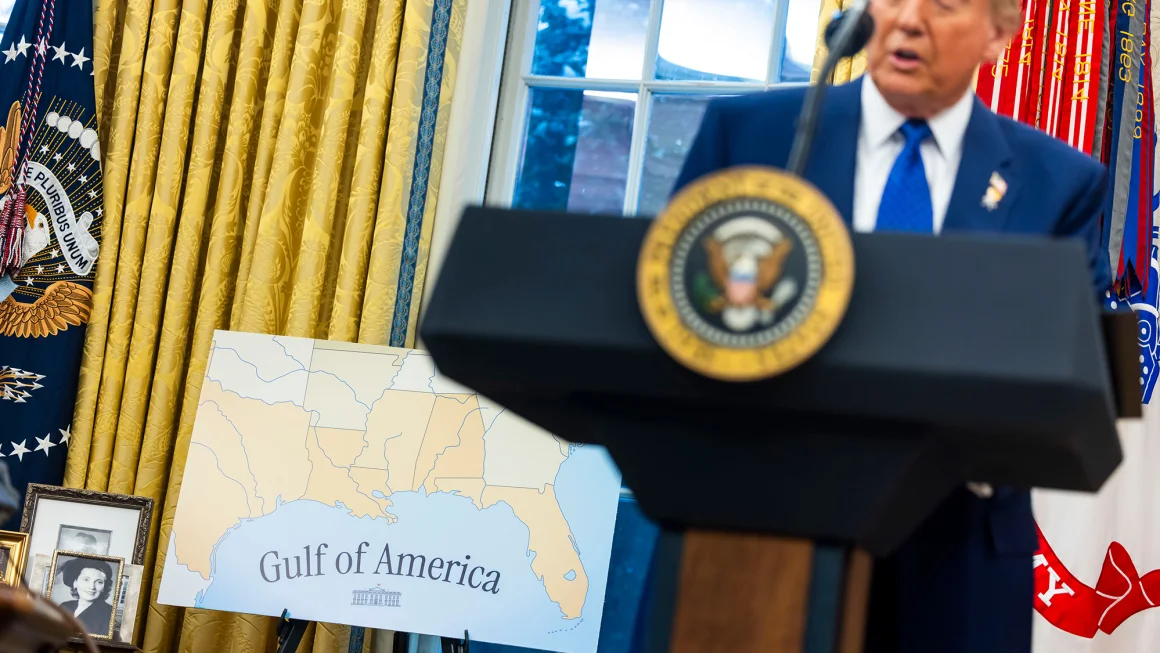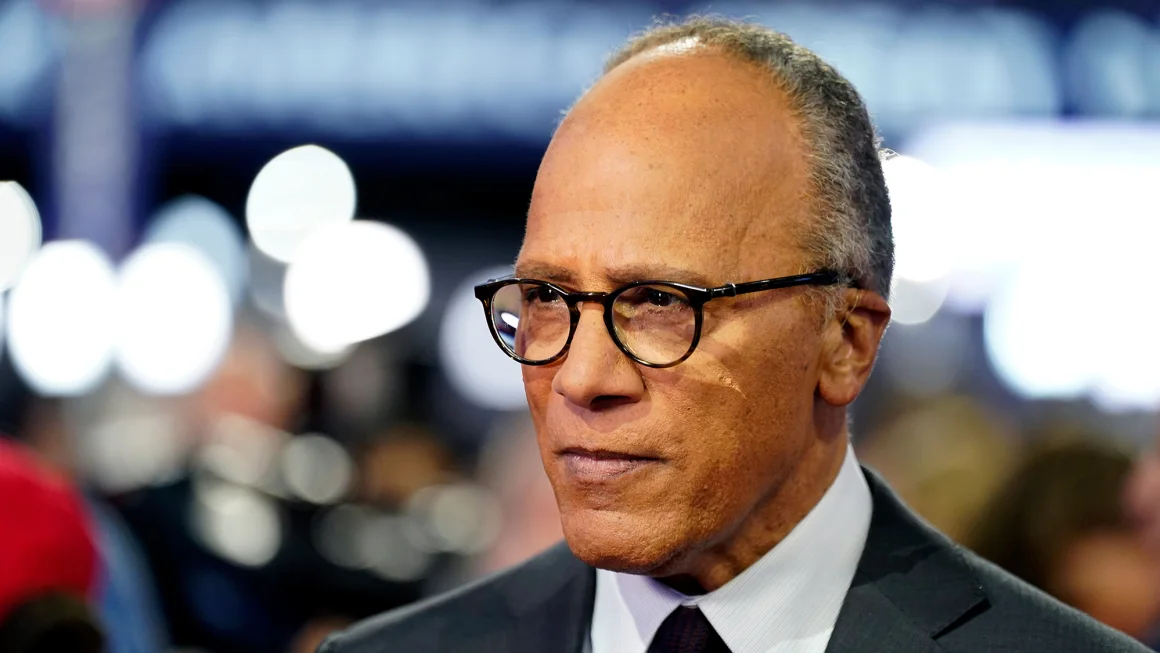Washington, D.C. – A bipartisan group of U.S. lawmakers is seeking to prohibit government employees from using DeepSeek, a Chinese artificial intelligence chatbot, on official devices due to national security concerns.
Representatives Darin LaHood (R-IL) and Josh Gottheimer (D-NJ) are set to introduce legislation on Friday that would ban DeepSeek and any other applications developed by its parent company, High Flyer, from government-issued devices. If passed, the bill would require agencies to develop removal guidelines within 60 days.
DeepSeek’s emergence as a competitive AI force has fueled concerns about China’s technological advancement. The startup recently unveiled its R1 model, which rivals top American AI models while being more cost-efficient and power-conscious. The model’s capabilities have raised alarms in Washington over the potential for the U.S. to fall behind in AI innovation.
The proposed legislation mirrors actions taken by Australia, Italy, and Taiwan to limit DeepSeek’s reach. It also reflects past U.S. restrictions on TikTok, the Chinese-owned social media platform accused of posing similar national security risks. The U.S. government began banning TikTok on official devices in 2022, and ByteDance, its owner, now faces a government-ma**US **ndated sale of the app within 60 days to avoid a total ban.
“The Chinese Communist Party has made it abundantly clear that it will exploit any tool at its disposal to undermine our national security, spew harmful disinformation, and collect data on Americans,” Rep. Gottheimer said in a statement. “We simply can’t risk the CCP infiltrating the devices of our government officials and jeopardizing our national security.”
Cybersecurity experts have echoed these concerns. NordVPN’s Adrianus Warmenhoven warned that data shared with DeepSeek could be subject to China’s cybersecurity laws, which require companies to provide access to government authorities upon request.
DeepSeek has not yet responded to the proposed ban. As tensions between the U.S. and China over technological dominance continue to rise, this latest move underscores the intensifying battle for control over AI innovation and security.














